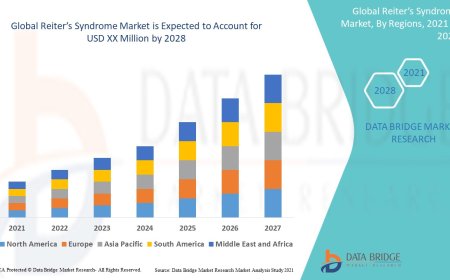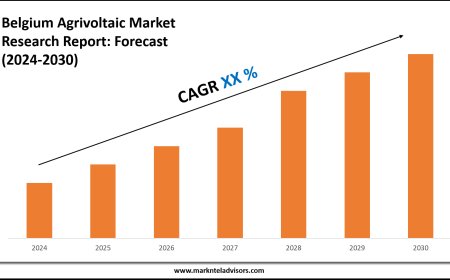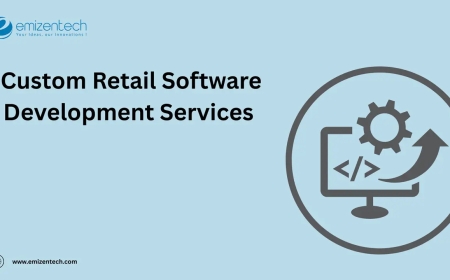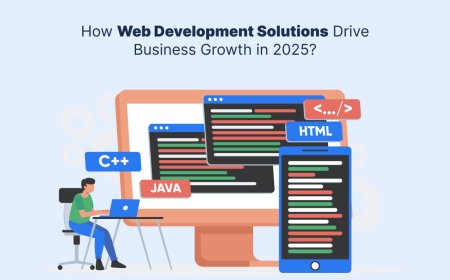Top 10 Popular CMS Platforms in 2025
Discover the top 10 popular CMS platforms in 2025 to build stunning websites with ease. From WordPress to Magento, find the perfect choice for your online presence.

In the fast-paced world of website development, choosing the right Content Management System (CMS) can make all the difference. With technology constantly evolving, it's essential to stay up-to-date with the latest tools and platforms available. In this article, we will explore the top 10 popular CMS platforms that are projected to dominate the industry in 2025.
Why is choosing the right CMS crucial for website development?
Choosing the right CMS for website development is crucial as it affects the site's functionality, user experience, and overall success. A reliable CMS ensures that content can be easily managed and updated, allowing for seamless navigation and better engagement. Additionally, different CMS platforms offer different features and customization options, so it's important that you choose a CMS that suits your website's specific needs and goals.
What are the top 10 popular CMS platforms in 2025?
WordPress
WordPress continues to reign as one of the most popular CMS platforms due to its user-friendly interface, extensive plugin library, and robust community support. It offers versatility for various types of websites, from personal blogs to e-commerce stores.
Wix
Wix has gained popularity for its drag-and-drop website builder, making it easy for beginners to create stunning websites without any coding knowledge. It also offers a wide range of templates and customization options.
Shopify
For e-commerce websites, Shopify is a top choice due to its seamless integration with online stores, secure payment gateways, and mobile responsiveness. It provides a user-friendly platform for managing products and orders.
Joomla
Joomla is a powerful CMS known for its flexibility and scalability, making it ideal for large-scale websites and online communities. It offers advanced customization options and a strong developer community.
Drupal
Drupal is a robust CMS platform that is highly customizable and scalable, making it suitable for complex websites and enterprise-level projects. It provides extensive features for content management and site security.
Magento
Magento is a popular choice for e-commerce websites due to its advanced features, including product management, inventory tracking, and customer segmentation. It offers a seamless shopping experience for online shoppers.
Squarespace
Squarespace is known for its visually appealing templates and easy-to-use interface, making it a popular choice for creative professionals and small businesses. It offers built-in marketing tools and blog features.
BigCommerce
BigCommerce is a powerful e-commerce platform with great scalability and customizability, making it perfect for growing businesses. Plus, it comes equipped with a variety of marketing and SEO tools to help increase online visibility.
HubSpot CMS
HubSpot CMS is a comprehensive platform that integrates with HubSpot's marketing automation tools, enabling seamless content creation, optimization, and lead generation. It provides a holistic approach to website development and marketing.
Ghost
Ghost is a lightweight CMS platform designed for bloggers and content creators and is designed with simplicity and performance in mind. It achieves simplicity by providing a non-interrupted writing experience while also providing the basic features needed to publish and manage content.
Conclusion
Choosing the right CMS platform is crucial for successful website development in 2025. With a wide range of options available, it's important to consider your specific needs, goals, and technical requirements when choosing a CMS. Whether you're building a personal blog, an e-commerce store, or an enterprise website, the top 10 popular CMS platforms mentioned above are sure to provide you with the functionality and flexibility you need for a successful online presence.
Read More: Why your Website Needs Micro-interactions






































